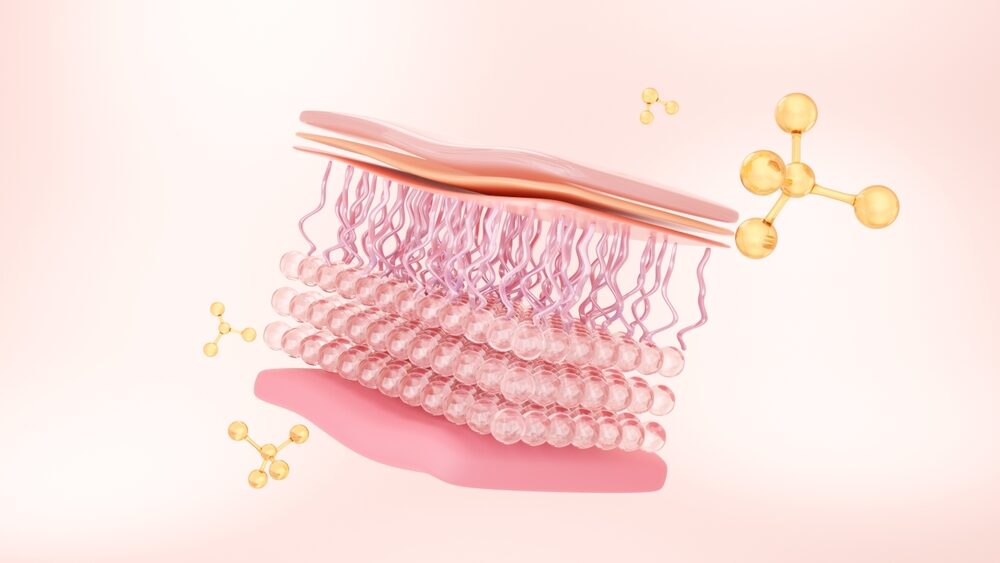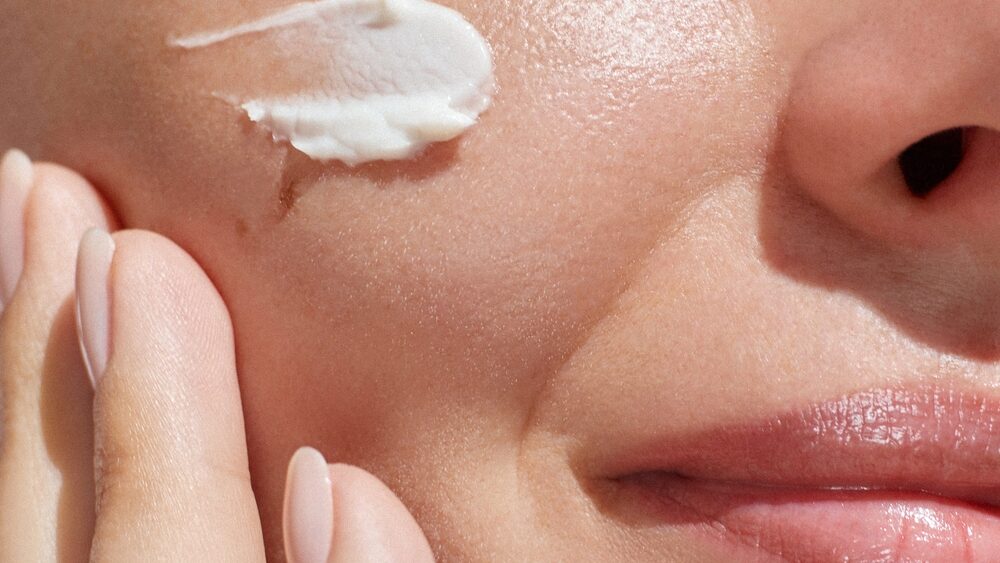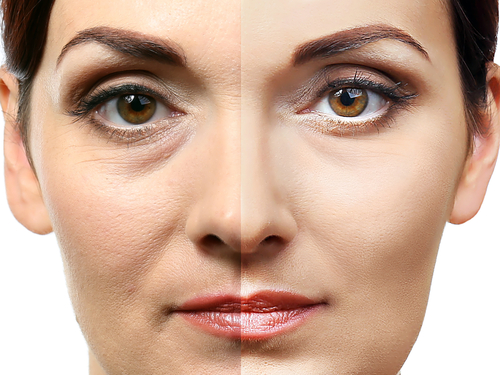In the realm of skincare, the pursuit of a glowing, youthful complexion frequently prompts us to consider the possible influence of makeup on our skin’s inherent functions. A commonly held worry is whether makeup, with its diverse range of ingredients and formulations, may inhibit the synthesis of collagen and elastin, the two key proteins that preserve the suppleness and elasticity of the skin. In an attempt to answer this fascinating skincare query, we explore the complex relationship between makeup and the essential proteins collagen and elastin.
Recognizing Elastin and Collagen:
Let’s first establish a basic understanding of collagen and elastin before delving into the possible effects of makeup on these two essential proteins.

The Structural Support: Collagen
The structural base of our skin is made of the fibrous protein collagen. It offers vital support, assisting in the preservation of the resilience, firmness, and texture of the skin. Collagen production in the skin naturally declines with age, which leads to the development of fine lines, wrinkles, and a loss of skin elasticity.
Elastin: The Elastic Fiber
Another essential protein that collaborates with collagen is elastin. It gives the skin elasticity, which enables it to stretch and return to its natural shape. Maintaining skin suppleness and preventing sagging requires elastin.
Let’s now investigate how makeup might affect these fundamental aspects of skin health.
What Makeup Is Made Of:
Makeup products come in a wide range of formulations, each with a combination of ingredients intended to improve texture, longevity, and appearance. Preservatives, emollients, pigments, and other active or inactive ingredients may be included in these formulations. Examining the precise ingredients frequently present in these products is crucial to determining whether makeup has an impact on the production of collagen and elastin.
Frequently Used Ingredients in Cosmetics: Possible Offender
Certain ingredients in makeup products have the potential to irritate skin or interfere with natural skin functions when used alone. Fragrances, harsh chemicals, and some preservatives can cause inflammation, which over time can lead to the breakdown of collagen and elastin.
The Value of Clear Cosmetics: Selecting judiciously
Choosing hypoallergenic and clean makeup can help reduce the risks that come with using harsh ingredients. Seek for products that put skin health first and don’t contain any dangerous additives. Antioxidants and hydrating agents, which can enhance overall skin wellness, are examples of ingredients that can be found in high-quality makeup formulations.
Removing Makeup: An Essential Step in Skincare
It is impossible to overestimate the importance of makeup removal for the health of collagen and elastin. A buildup of makeup on the skin from not completely removing makeup at the end of the day may clog pores and hinder the skin’s natural renewal processes.
Concerning Clogged Pores and Reduced Renewal
Remaining makeup on the skin can clog pores and prevent skin cells from turning over as quickly. This accumulation can cause a lifeless complexion and may indirectly affect the synthesis of elastin and collagen by interfering with the skin’s natural renewal processes.
Techniques for Removing Makeup: Gentle and Efficient
Selecting a gentle makeup removal technique is essential to preserving the health of your skin. Abrasive cleaners and harsh scrubbing can irritate skin and possibly accelerate the deterioration of collagen and elastin. Choose makeup removers that are appropriate for your skin type, and think about cleansing twice to guarantee a complete and gentle removal.
The Role of Hydration
Hydration is essential for healthy skin, which includes the synthesis of elastin and collagen. The way makeup interacts with the skin’s moisture balance is more significant than makeup being a direct cause of dehydration.
Hydrating Cosmetic Formulations: Beneficial Effects
Certain cosmetics are designed with moisturizing components like glycerin or hyaluronic acid. These components can help hydrate the skin and create an environment that supports the health of collagen and elastin. But maintaining constant hydration also requires a special skincare regimen that calls for serums and moisturizers.

Conclusion
Making educated decisions and adhering to a strict skincare regimen are crucial in the complex dance between collagen-elastin production and makeup application. Although some ingredients in makeup formulations may cause skin irritation, these concerns can be lessened by using clean, hypoallergenic products and following proper makeup removal procedures. Making hydration a priority with skincare and makeup products improves the general health of the skin. Essentially, makeup can live in harmony with a considerate and caring skincare routine rather than acting as a threat to collagen and elastin.

